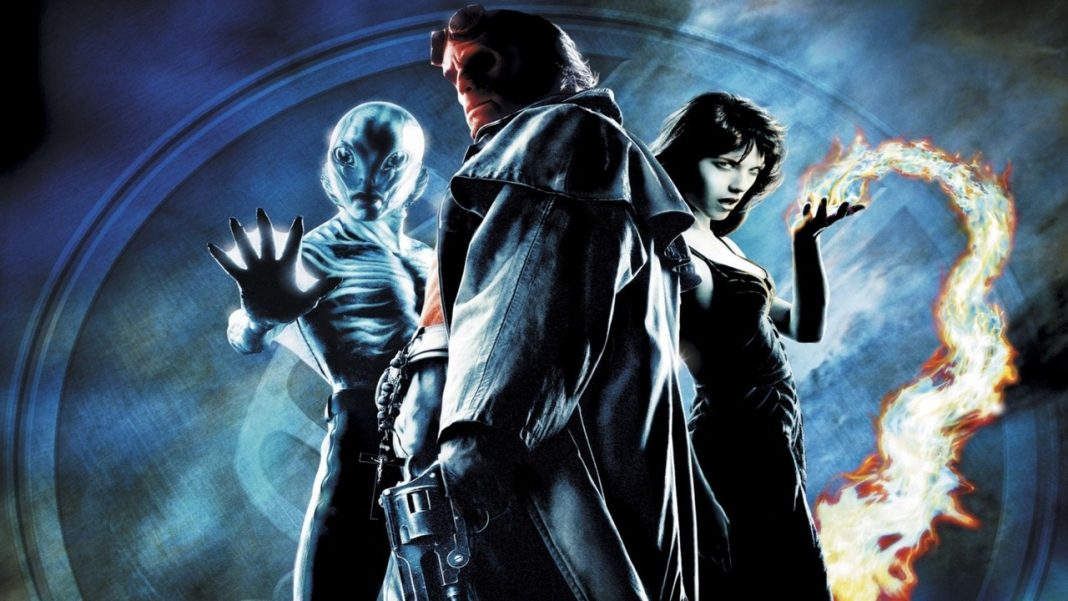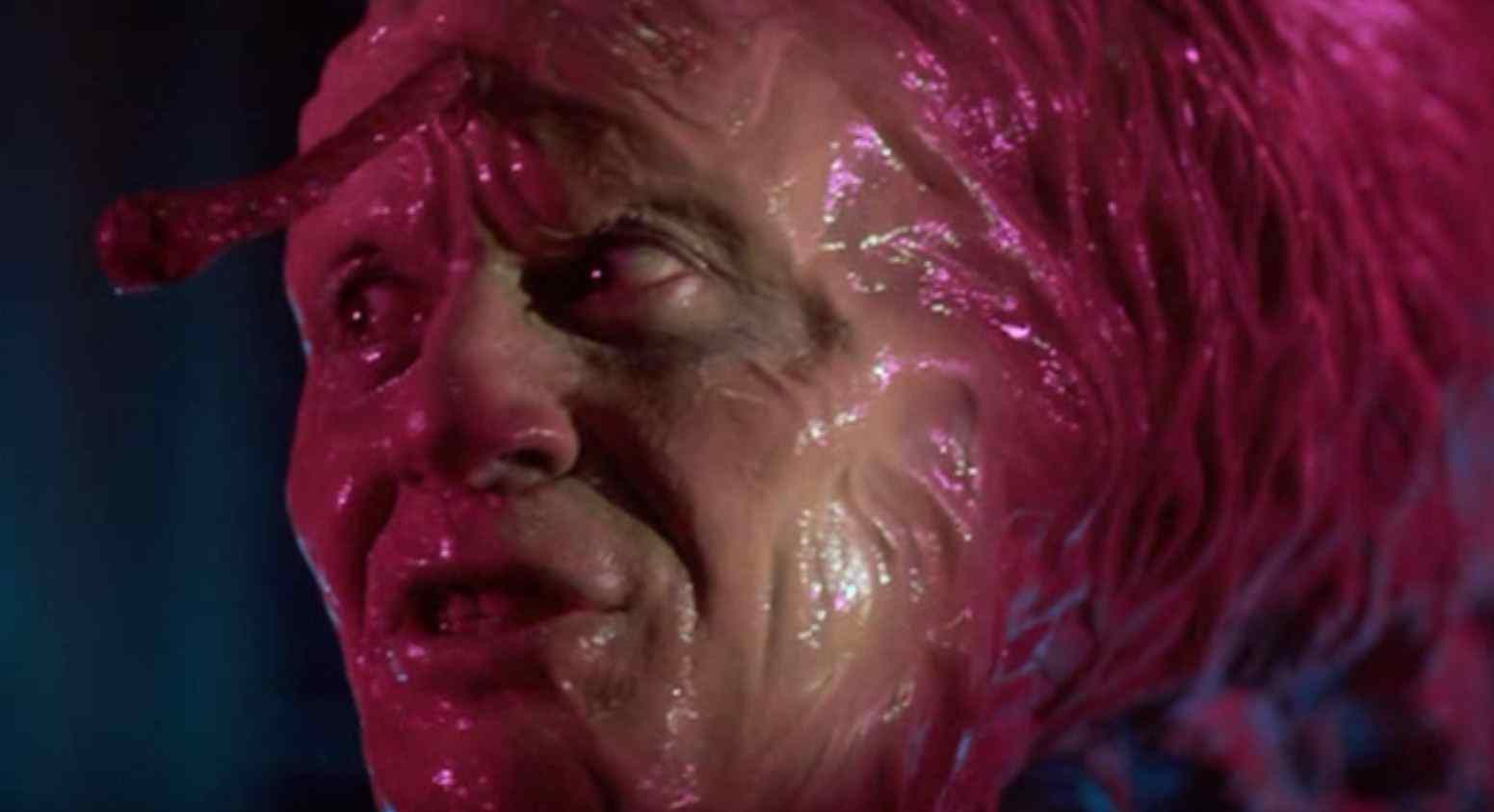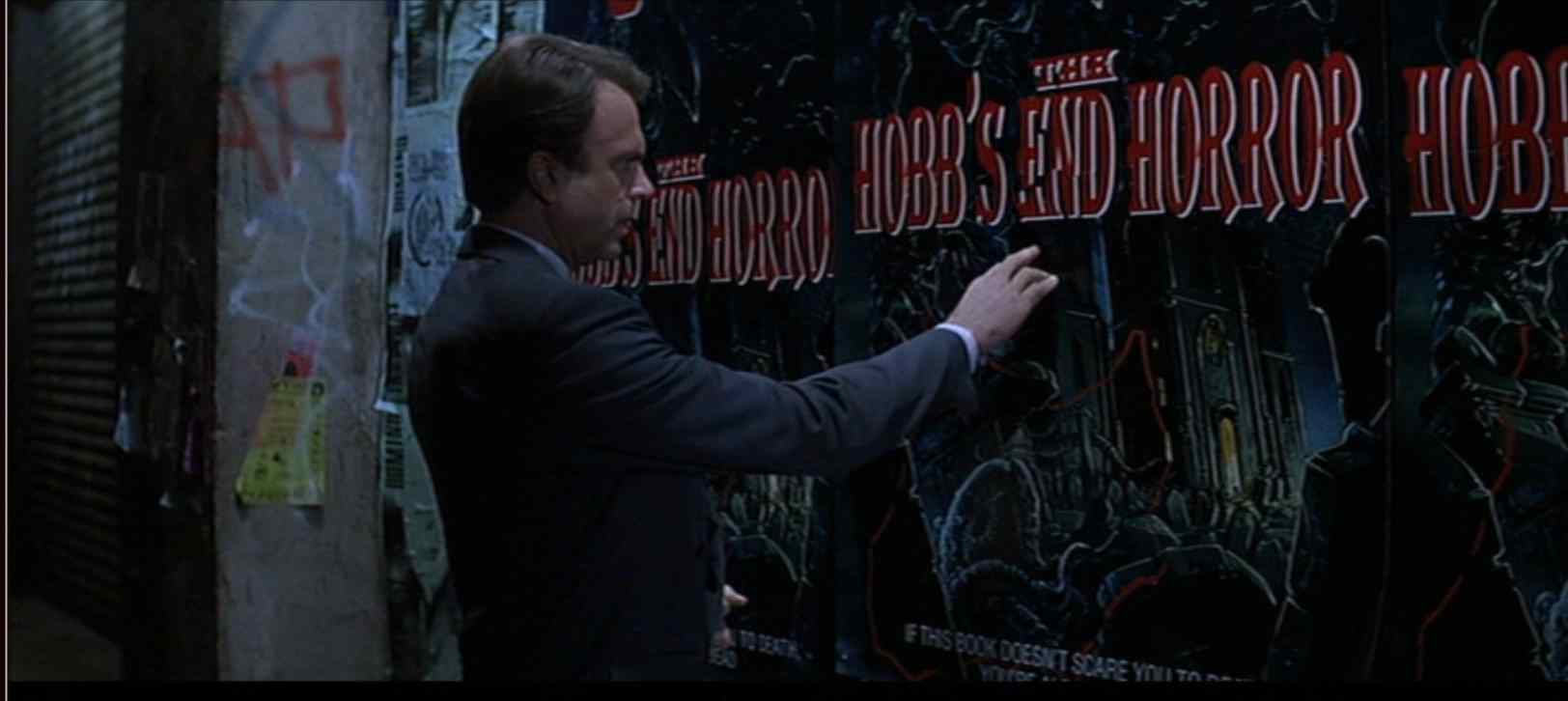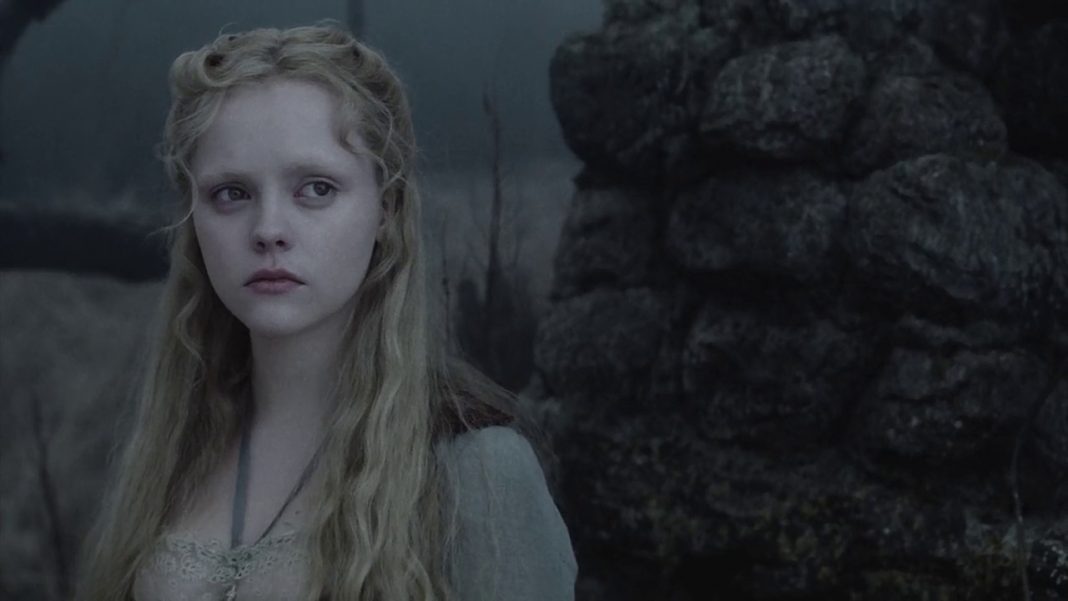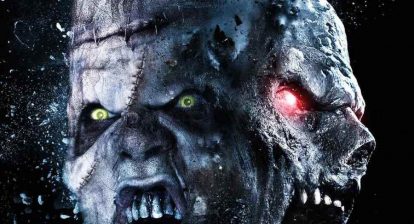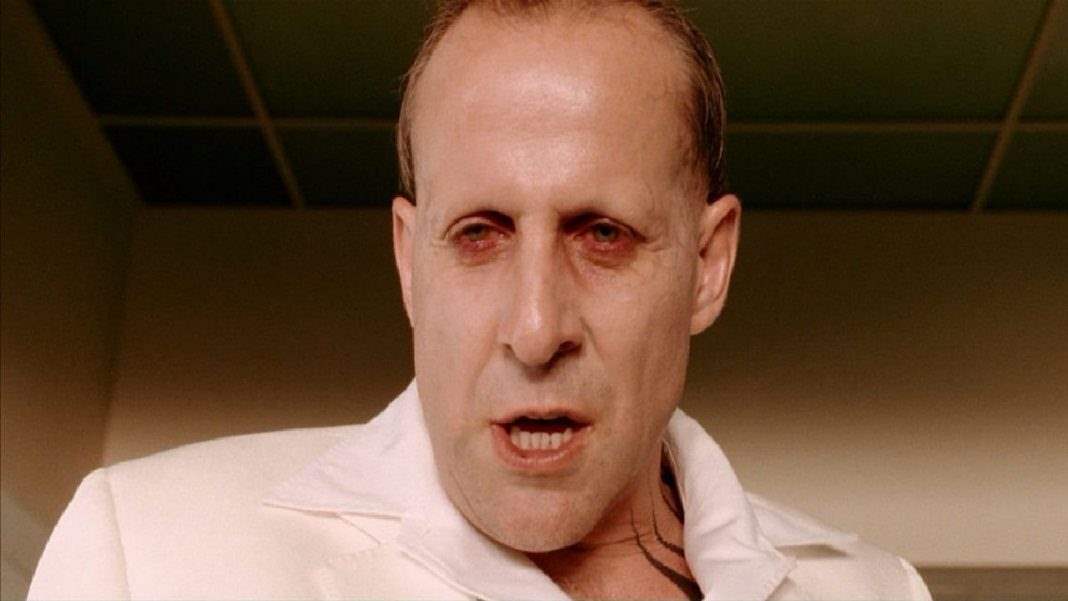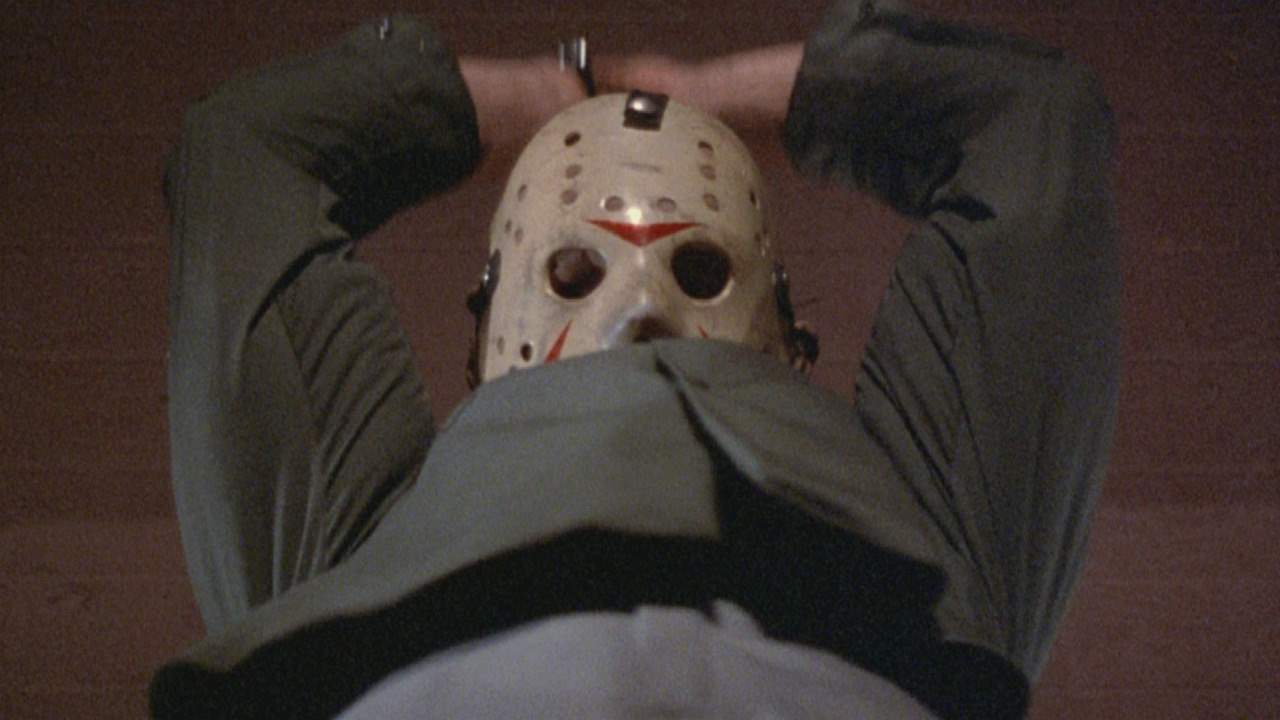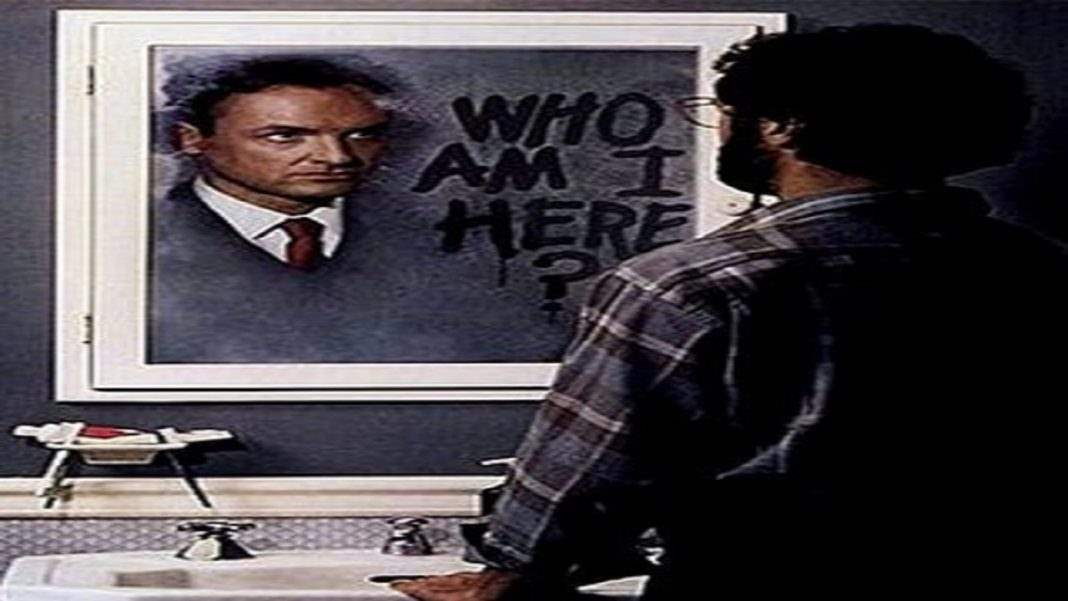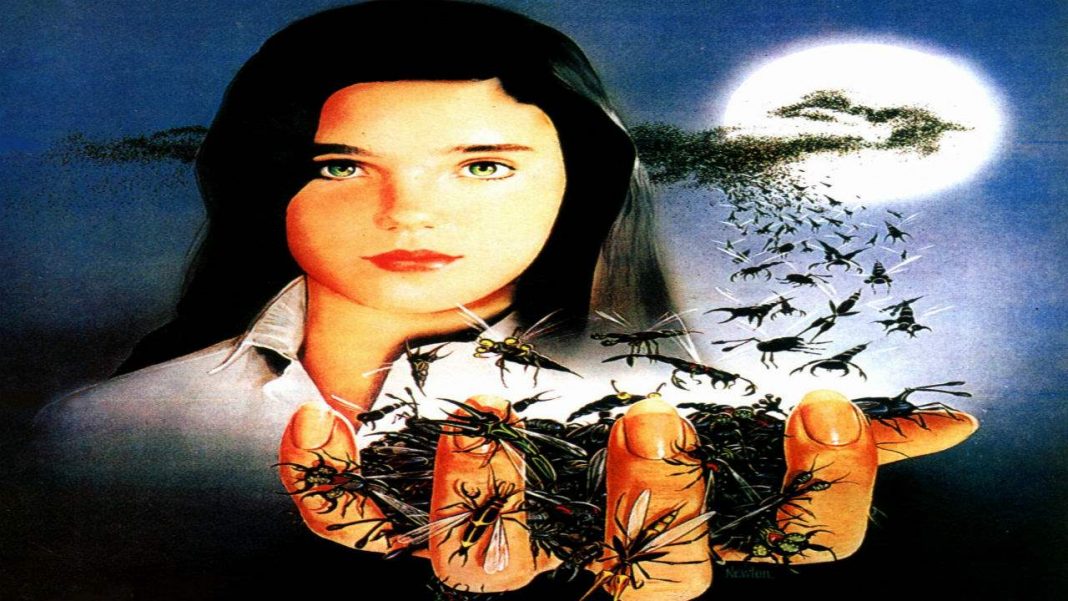H.P. Lovecraft has become widely known as one of the greatest horror writers of all time. He is, at the very least, one of the most influential. He created whole worlds of creatures, whole mythologies within mythologies, most of which were only touched upon in the bulk of his stories. Many storytellers since have taken to exploring these themes, as well as some of the specific creatures and locations, in film, literature and even games. Lovecraft may have barely seen a cent for his work in his day, but now his influence is everywhere.
Unfortunately, the author’s writing has had a rough time making it to the screen. As popular a novelist as Lovecraft is, his work is written for a niche market. It’s a specific type of horror story that does not appeal to the masses. And while there are major blockbusters that take influence from the author, you would never be able to make a straightforward adaptation of that size. This is overtly evident form Guillermo del Toro’s repeated attempts to bring Lovecraft’s At the Mountains of Madness to the screen.
As a result, most of the Lovecraftian film adaptations that have been produced were made on an incredibly low budget and the vast majority of them have been straight-to-video. It’s all that producers are willing to put into these efforts because it’s the only way they know for sure that they will make their money back. For the purposes of this list, we will be looking at both actual adaptations of Lovecraft stories as well as movies that took obvious inspiration from his work.
From Beyond
Stuart Gordon’s (interview) follow-up to his incredibly successful horror comedy Re-Animator is in many ways truer to the the work of Lovecraft than Re-Animator. While both are based on specific Lovecraft stories, the author hated writing “Herbert West: Reanimator” and most of the black humor in it comes from his disdain for the overall project. From Beyond taps more into the ideas prevalent in Lovecraft’s fiction of forces outside ourselves and beyond our control. These are things that exist beyond us, on another plane, but could take us out at any time. While the creatures in From Beyond are not major cosmic forces like those seen in “The Call of Cthulhu” and others, they represent the same kind of anti-faith that is a recurring theme in the scope of his fiction. They suggest that there are things beyond ourselves, great forces in the universe, but they don’t care about us. There’s also a sexuality to From Beyond that one would not think would be part of Lovecraft’s fiction, but in reality the author’s work was very sexual despite itself. The stories almost never included women and there were rarely, if ever, romantic leads, but many of the creatures that appeared represented sexual imagery. By most accounts the writer was terrified of sex, so Gordon’s very sexually-charged adaptation actually makes a lot of sense.
Dagon is a less sexual horror, but it does take things further in the direction of religious commentary and anti-faith. Dagon is an adaptation of “The Shadow Over Innsmouth” that took over ten years to get made. It was eventually shot in Spain, again with director Stuart Gordon and producer Brian Yuzna, the team behind Re-Animator and From Beyond. They made the wise decision not to try and pass Spain off as New England, and instead changed the seaside village of Innsmouth to the seaside village of Imboca which means the exact same thing. This one is centered around a dying village that prayed to the fish-god Dagon to improve their livelihood. They not only began catching fish and supporting their economy again, but they began to turn into fish as well. The imagery here is done on a budget, to be sure, but with that in mind the visuals are actually pretty impressive.
Brian Yuzna took over the directorial reigns for this one, which is essentially a Lovecraftian Creepshow. The film is made up of three segments, some based on Lovecraft’s stories and some simply attempting to fit into the author’s style, with a wraparound that casts Re-Animator’s Jeffrey Combs as Lovecraft himself. Some of the stories work better than others, with the adaptation of “Cool Air” probably being the strongest. It’s interesting that this, one of the lowest-budget affairs, was also one of the only to include an appearance from Lovecraft’s major monster, Cthulhu.
Guillermo del Toro’s Hellboy is a major, blockbuster comic book adaptation and most people reading this have probably seen it. But a lot of viewers, especially those not familiar with the author’s work, miss the Lovecraftian influences, which are numerous. There is a main character that is a humanoid fish, a la “Shadow Over Innsmouth,” most of the creature design takes some influence from the stories of Lovecraft in some way. The great cosmic beings at the center of most of his work are also integral to the plot as Rasputin—yes, that Rasputin—is looking to open a doorway that would allow them to break through from the other side and ravage our world.
John Carpenter’s In the Mouth of Madness not only perfectly embodies Lovecraft’s creatures, but also the sense of paranoia at the heart of all of his stories. This one’s about a bestselling author named Sutter Cane who disappears without a trace—along with his latest manuscript. Sam Neill stars as John Trent, the man hired to hunt down the book and naturally gets more than he bargained for in the process. While Cane himself is more of a satire on the enormous success of Stephen King, the stories he writes—which come to life throughout the feature—are Lovecraftian through and through, from their gills to their tentacles. The sense of hopelessness that one feels by the end of the feature is also accurate to Lovecraft’s work.
